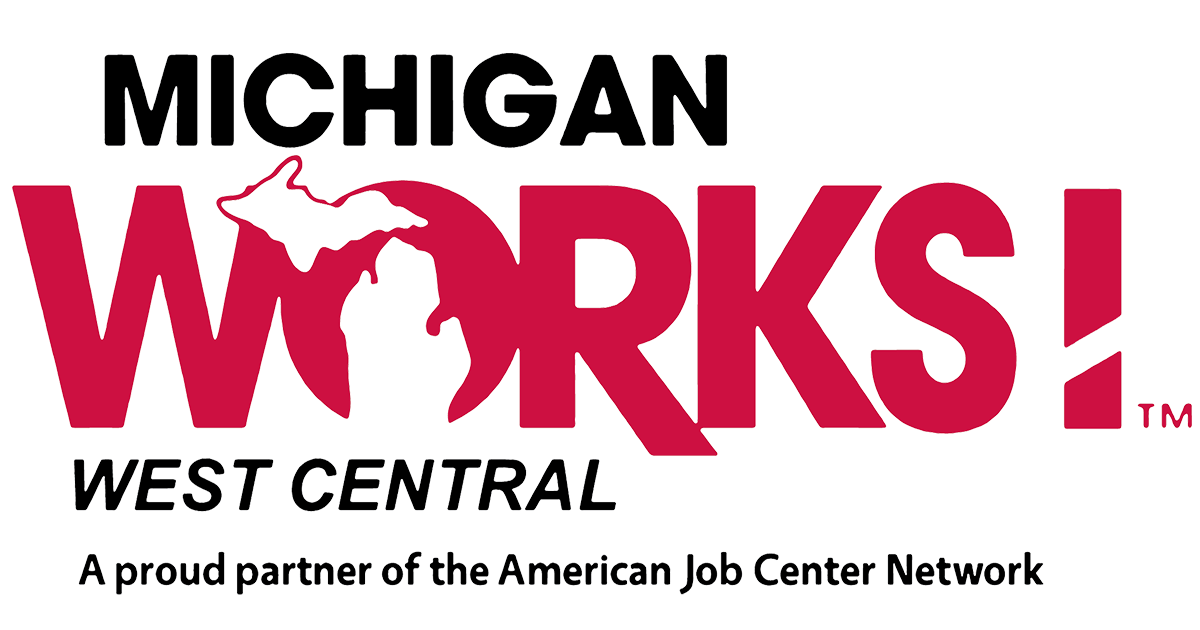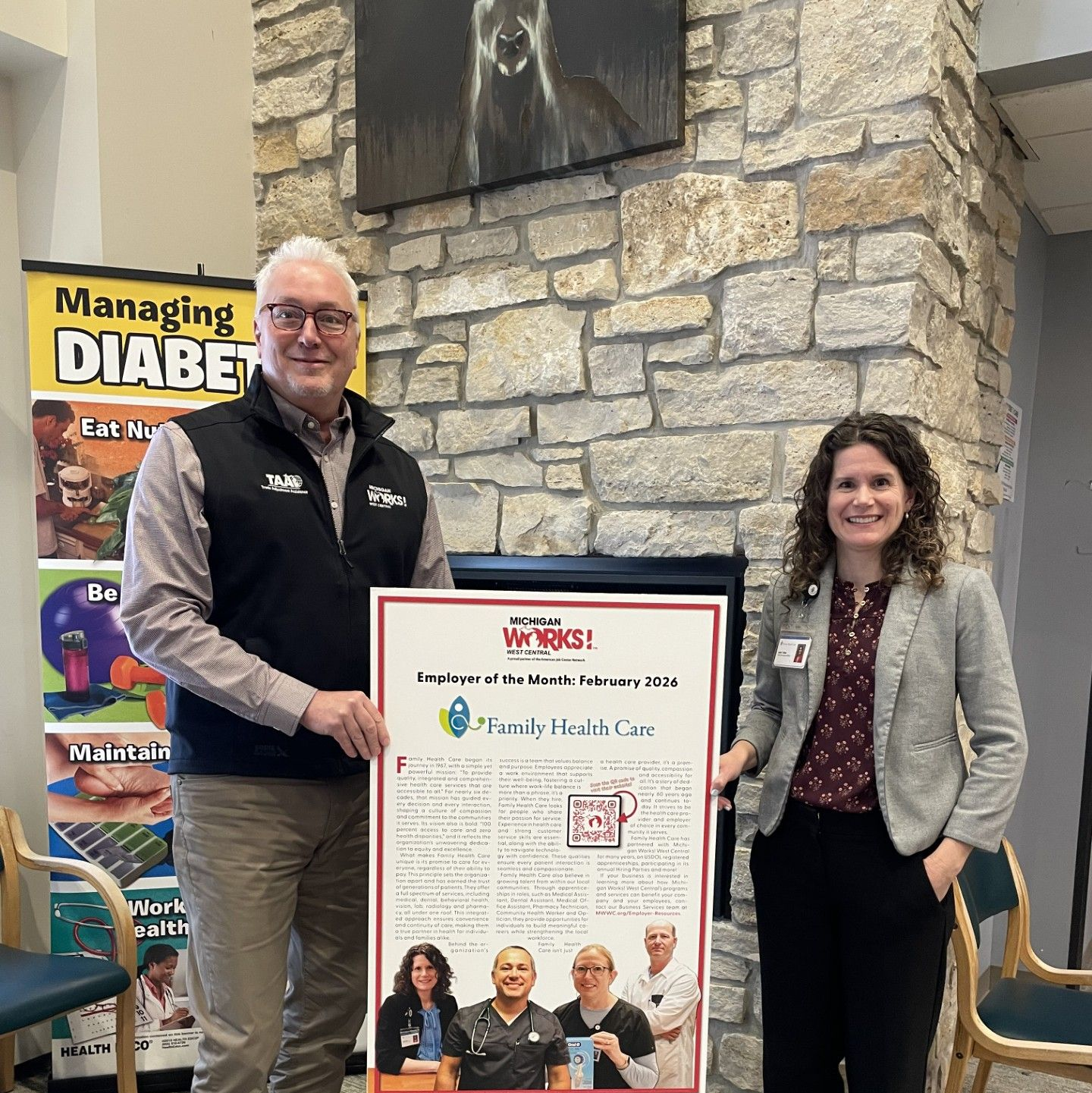National Case Study Recognizes Results of Michigan's Tri-Share Program
Study Spotlights Program As An Innovative, Scalable Solution To Childcare Challenges
The Michigan Department of Lifelong Education, Advancement and Potential (MiLEAP) announced the publication of a national case study by Results for America recognizing the MI Tri-Share Childcare program as an innovative, effective solution for expanding access to affordable childcare. The study highlights MI Tri-Share as a promising, scalable approach for states seeking to address childcare challenges through innovative and sustainable private-public partnerships.
“The MI Tri-Share program is proof of what’s possible when we bring bipartisan commitment and cross-sector collaboration together to solve real challenges for families,” said Dr. Beverly Walker-Griffea, director of MiLEAP. “This new case study affirms what we already know – MI Tri-Share works. By making childcare more affordable, we’re helping parents stay in the workforce, supporting employers in retaining talent and giving Michigan’s children the strong start they deserve.”
Launched as a pilot in 2021 by Governor Gretchen Whitmer and the Michigan Women’s Commission (MWC), MI Tri-Share was the first program of its kind in the nation, splitting the cost of licensed childcare equally between the state, participating employers and eligible employees. Since then, it has gained national recognition and inspired similar models in states such as Kentucky and North Carolina, with more than two dozen other states, counties and municipalities exploring or developing their own versions.
“When surveyed by the Women’s Commission, Michigan women identified affordable, accessible childcare as a top priority for achieving economic security,” said Cheryl Bergman, executive director of the MWC. “In 2021, at Gov. Gretchen Whitmer’s request, we piloted the MI Tri-Share Childcare Program and today, we are proud that MI Tri-Share is available to employers throughout the state and is making childcare affordable for more working families."
The newly-published case study, featured in Results for America’s Economic Mobility Catalog, examines how MI Tri-Share was designed and implemented to address workforce instability, challenges for working parents and economic losses linked to childcare barriers, all of which were intensified by the COVID-19 pandemic. It highlights the program’s measurable results, bipartisan support and potential as a replicable model for even more states.
“MI Tri-Share represents a massive step forward in how state and local governments can enhance childcare accessibility for their residents,” said Ross Tilchin, director of Economic Mobility at Results for America. “The ways in which MI Tri-Share was developed and refined are emblematic of many best practices in evidence-based policymaking. As the case study describes, MI Tri-Share was initially cultivated by a set of cross-sector stakeholders in the West Michigan area, supported by a bipartisan group of state lawmakers, piloted in three diverse regions across the state, then refined in ways that enabled it to serve families across the entire state of Michigan. Consistent, rigorous evaluations have demonstrated its effectiveness time and again, leading to increases in public investment and the number of families it is able to serve.”
Now administered by MiLEAP, MI Tri-Share has grown into a cornerstone of the state’s childcare strategy, helping working families remain in the workforce while ensuring children receive quality care. The program uses Regional Facilitator Hubs to recruit local employers into the program. In 2024, MiLEAP established a statewide administrative partner, the United Way of Northwest Michigan, to systematize the collection of provider payments, standardize employee eligibility determinations, and centralize program data.
Eligibility for the program was recently expanded to include households earning up to 400 percent of the Federal Poverty Level, allowing more families to benefit. To participate, an eligible employee must work for a participating employer, meet the household income threshold, and choose a licensed Michigan childcare provider.
“Behind every data point is a parent who can keep their job, a child thriving in quality care, a provider able to sustain their business, and an employer who can attract and retain the talent they need,” said Shannon Garrett, MI Tri-Share senior program advisor at MiLEAP. “That’s the true impact of MI Tri-Share and seeing it reach more families each year is what makes this work so meaningful.”
More than 260 Michigan employers are currently participating in MI Tri-Share, serving over 800 families and over 1,000 children statewide, resulting in total family savings of over $10.2 million in childcare costs since the start of the program.
For more information about MI Tri-Share and how to participate, visit MiLEAP’s Office of Early Education webpage.












